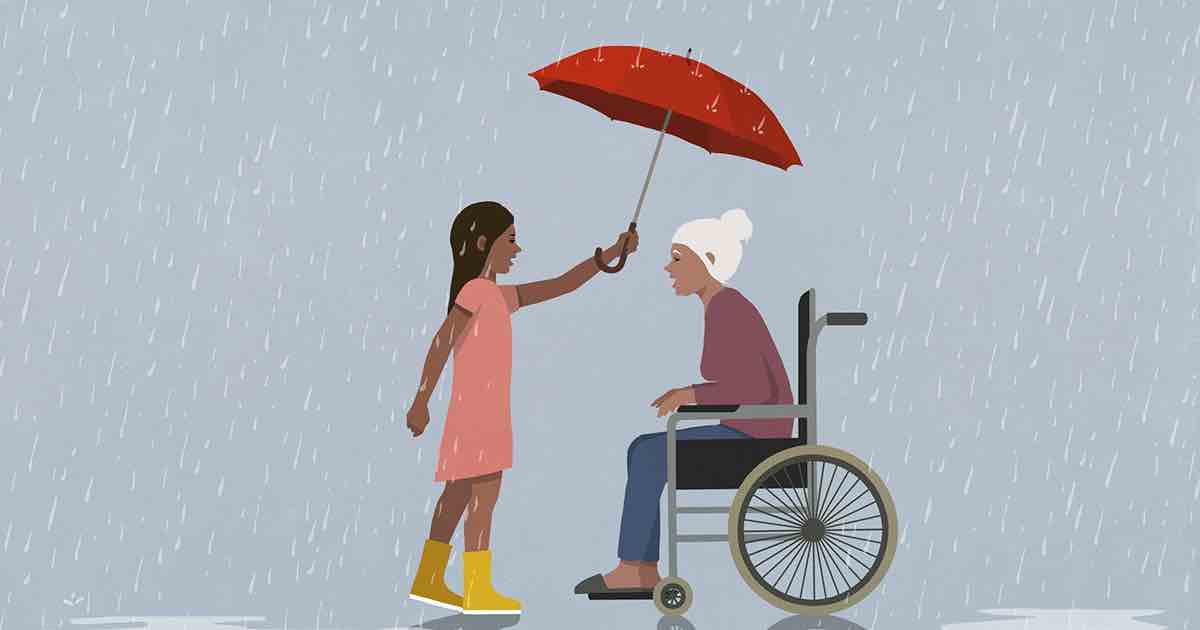Kindness is often seen as a simple virtue—but in real life it looks different for each of us. This article explores authentic kindness, why empathy varies, and how to cultivate a style of kindness that fits your personality.
Kindness Isn’t One-Size-Fits-All
We talk about kindness as a universal language, but scratch beneath the surface and you’ll find it’s as varied as people themselves. Some of us are naturally attuned to others’ feelings and spot opportunities to help with ease. Others—because of temperament, neurodiversity, culture, or simply attention style—may not notice those cues automatically. That doesn’t make anyone “unkind”; it just means their path to authentic kindness looks different.
You don’t have to feel everything someone else feels to be kind. Kindness can be rooted in doing: showing up, being reliable, following through, or offering practical help. When we frame kindness as a learnable behaviour rather than a personality trait, it becomes accessible to everyone.
Start Small: Tiny Acts, Real Impact
Grand gestures are lovely, but everyday micro-moments often matter most: holding a door, sharing a sincere compliment, sending a quick check-in message, or giving someone your full attention for two minutes. The secret is sincerity; most people can sense when kindness is performative.
- One sentence of care: “Thinking of you today—no need to respond.”
- Two-minute favour: Introduce a colleague, forward a useful link, refill the kettle.
- Attention shift: Pause your screen and make eye contact while someone speaks.
These tiny, repeatable behaviours build the muscle memory of kindness—especially helpful if warmth doesn’t come naturally or you’re energy-conserving.
Play to Your Strengths (and Grow from There)
Not everyone shows care the same way—and that’s a strength. Choose a primary “channel” that fits you, then add a second one when you’re ready:
- Words: Encouragement, gratitude, gentle honesty, thoughtful texts.
- Actions: Practical help, admin tasks, planning, showing up on time.
- Presence: Sharing quiet company, listening without fixing, staying calm.
- Touch (when welcome): Hand on shoulder, hug, warm handshake.
Begin where you’re strongest so your kindness remains authentic. Over time, experiment with one small behaviour in a secondary channel—for example, pair a practical favour with a single warm sentence. That combination often lands beautifully.
Be Mindful—Not Self-Critical
If emotional expressiveness isn’t your default, forcing big warmth can feel fake (and can be misread). Instead, define kindness on your terms: reliability, honesty with care, keeping promises, or being present during hard moments. Those are powerful expressions of authentic kindness—no performance required.
A quick check-in reflection can help:
- “What small thing would be genuinely helpful here?”
- “How can I show care without over-committing?”
- “What action aligns with my values and capacity today?”
Genuineness Over Perfection
Kindness doesn’t mean getting it right every time. It means being willing to notice, adjust, apologise when needed, and try again. Sustainable kindness respects your limits and the other person’s autonomy. That’s how trust grows.
In therapy, we often practise this in bite-sized experiments: one tiny behaviour per week, in one relationship, with compassionate review. Small, consistent steps create durable change.
Frequently Asked Questions
What is “authentic kindness”?
Authentic kindness is care expressed in a way that aligns with your values, capacity, and personality. It’s less about grand gestures and more about congruent, sustainable actions.
Can I be kind if I don’t feel naturally empathetic?
Yes. Kindness can be behaviour-based: keeping promises, offering practical help, listening without fixing, or checking in briefly. You don’t need intense feelings to act with care.
How do I practise kindness without people-pleasing?
Set clear limits first: choose small, specific actions you can do without resentment. Prioritise honesty and follow-through over saying yes to everything.
What’s one small step to start today?
Send a one-sentence message of support or do a two-minute practical favour. Consistency matters more than size—repeat it a few times this week.
Can therapy help me develop authentic kindness?
Absolutely. Therapy can help you map strengths, understand barriers (e.g., overwhelm, masking, perfectionism), and design small, low-pressure behaviours that fit your personality.

